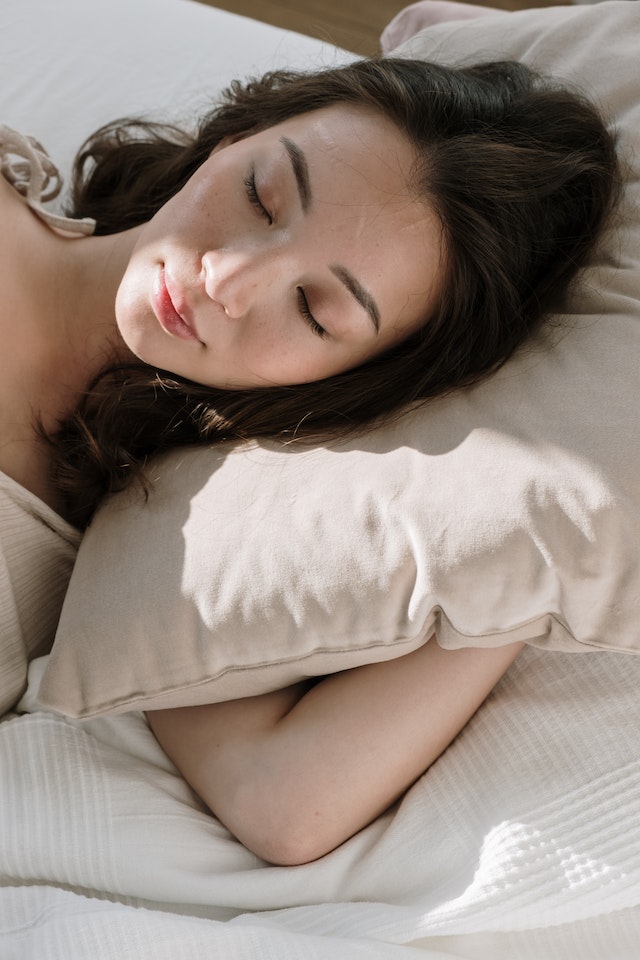Sleep remedies refer to various strategies, techniques, or treatments aimed at improving the quality and quantity of sleep. These remedies can be helpful for individuals who experience difficulties falling asleep, staying asleep, or achieving restful sleep. While some remedies are simple lifestyle changes, others may involve seeking professional guidance. It’s important to note that the effectiveness of sleep remedies can vary depending on individual needs and circumstances. Here are some common sleep remedies:
Thank you for reading this post, don't forget to subscribe!- Sleep Hygiene: Sleep hygiene refers to a set of practices that promote healthy sleep habits. These habits include:
- Maintaining a Consistent Sleep Schedule: Go to bed and wake up at the same time every day, even on weekends, to regulate your body’s internal clock.
- Create a Relaxing Bedtime Routine: Engage in calming activities before bed, such as reading, taking a warm bath, or practicing relaxation exercises.
- Optimize Sleep Environment: Ensure your sleep environment is conducive to rest by keeping the bedroom cool, dark, and quiet. Use comfortable bedding and invest in a good quality mattress and pillows.
- Limit Screen Time Before Bed: Avoid using electronic devices (phones, computers, TVs) at least an hour before bedtime, as the blue light emitted can disrupt sleep.
- Watch Your Diet: Avoid heavy meals close to bedtime, limit caffeine and alcohol intake, and stay hydrated.
- Regular Exercise: Engage in regular physical activity, but avoid vigorous exercise close to bedtime.
- Manage Stress: Practice stress-reduction techniques, such as deep breathing, yoga, or mindfulness meditation, to calm the mind before sleep.
- Cognitive Behavioral Therapy for Insomnia (CBT-I): CBT-I is a structured, evidence-based therapy specifically designed to treat insomnia. It addresses the underlying thought patterns and behaviors that contribute to sleep difficulties. CBT-I typically includes components such as sleep restriction, stimulus control, cognitive restructuring, and relaxation techniques. It is considered one of the most effective non-pharmacological treatments for chronic insomnia.
- Relaxation Techniques: Various relaxation techniques can help promote better sleep. Some popular techniques include:
- Progressive Muscle Relaxation: This involves tensing and relaxing different muscle groups to release tension and induce relaxation.
- Mindfulness Meditation: Practicing mindfulness can help calm the mind and reduce racing thoughts, making it easier to fall asleep.
- Deep Breathing Exercises: Focusing on slow, deep breaths can help relax the body and reduce stress and anxiety.
- Herbal Remedies: Certain herbs and natural supplements have been used traditionally to aid sleep. Common examples include:
- Valerian Root: Valerian is a herbal remedy that may help with sleep by promoting relaxation and reducing anxiety.
- Chamomile: Chamomile tea is often used as a mild sedative to promote sleep.
- Lavender: The scent of lavender has been shown to have calming effects and may improve sleep quality.
It’s important to consult with a healthcare professional before using herbal remedies, especially if you are taking medications or have any underlying health conditions.
- Prescription Sleep Medications: In some cases, healthcare providers may prescribe sleep medications for short-term use to help with severe sleep disturbances. However, these medications are generally not recommended for long-term use due to the risk of dependence and side effects.
- Melatonin Supplements: Melatonin is a hormone that regulates the sleep-wake cycle. Melatonin supplements are available over-the-counter and may be helpful for individuals who have trouble falling asleep due to disruptions in their natural melatonin production.
Before trying any sleep remedies, it’s essential to identify any underlying medical conditions or lifestyle factors that may be contributing to sleep difficulties. If sleep problems persist or become chronic, it’s crucial to seek guidance from a healthcare professional or sleep specialist to determine the best course of action. Each individual may respond differently to sleep remedies, and a personalized approach is often necessary to find the most effective solution.



